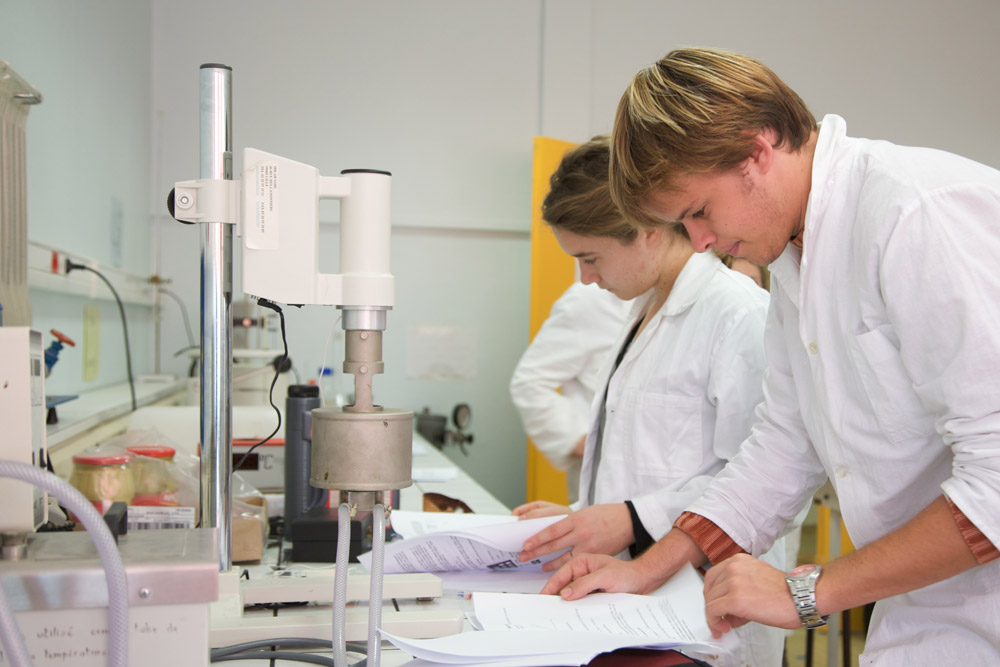
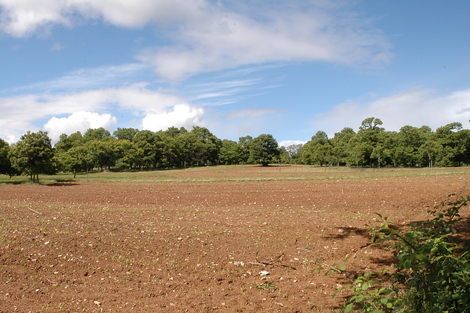

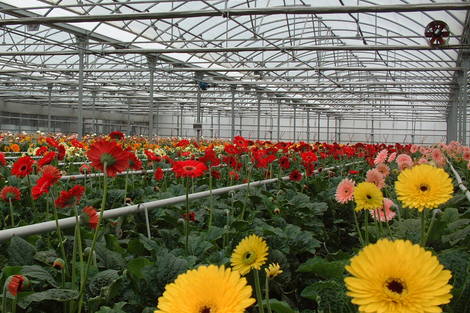
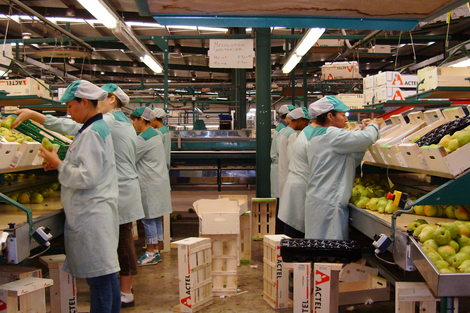

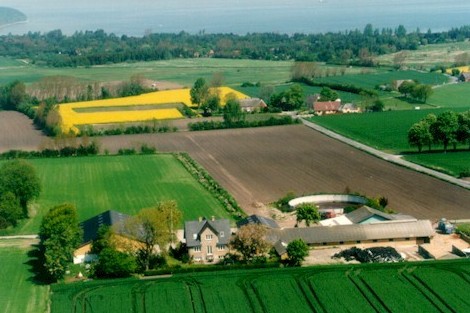
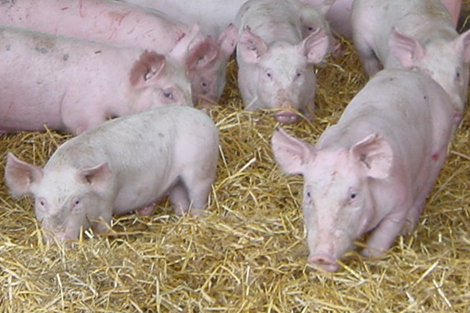


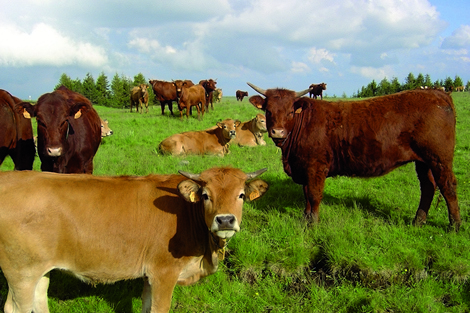
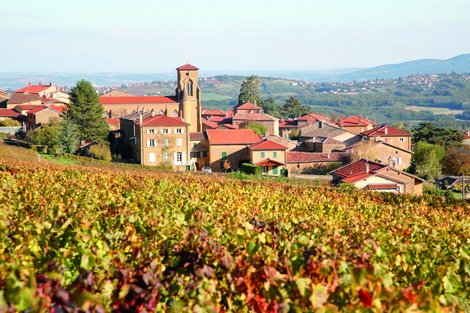

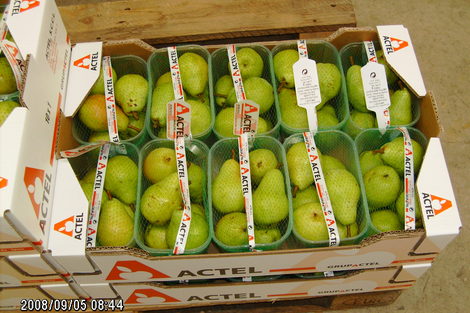
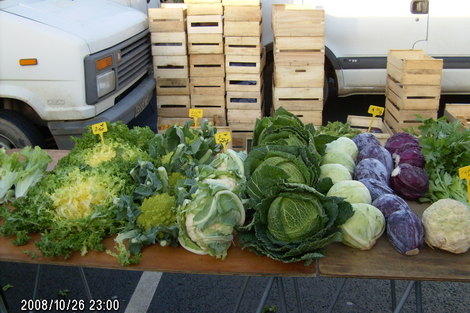
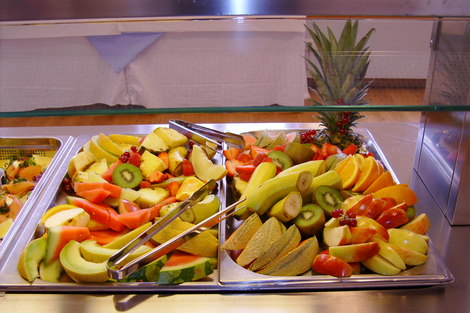
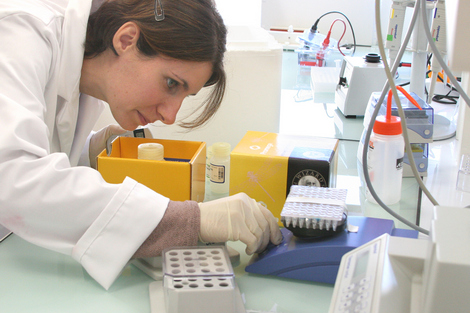









relating to the circular bioeconomy, the sustainable use of natural resources, the protection of the environment and rural development.
We aim to enhance our members' success in education, research and innovation for a sustainable bioeconomy and society, by engaging with European and global institutions and networks, to share experience, cooperate in new ventures, and benefit from the resulting synergy.


























FORUM DAY 1: Tuesday 30 October
STRATEGIC PLANNING FOR EFFECTIVE UNIVERSITY ENGAGEMENT IN INNOVATION NETWORKS
9.00 Welcome by Dean Guido Van Huylenbroeck, President of ICA
Session Chair: Lena Andersson-Eklund, Swedish University of Agricultural Sciences (SLU), Sweden
9.15 Keynote: AKIS - Agricultural Knowledge and Innovation Systems in Transition, Krijn J. Poppe, Agricultural Economics Research Institute (LEI), Den Haag, The Netherlands
Focus on characterising the Agricultural Knowledge Information Systems and the need for the innovation agenda to be driven by the farming and food industries. Characterising the motivation for science driven research versus innovation driven research.
9.45 Keynote: Ghent University Innovation and Valorisation Policy, Luc Moens, Ghent University, Belgium
Ghent university has a well developed valorisation policy to support the commercialisation (innovation/ valorisation) of research outcomes, and also has a strategy (backed by financial incentives) for promoting the environment which favours a focus on innovation driven research with a view to commercialisation.
ProDigest is a dynamic company that provides customized solutions related to gastrointestinal research to the operators in the market of food, functional food and pharmaceutical industry. ProDigest’s mission is to provide professional services in the field of gastrointestinal transit, bioavailability and metabolism of food compounds and pharmaceuticals, in relation to their final functionality in the body http://www.prodigest.eu/en/home
Session Chair: Guido Van Huylenbroeck, Ghent University, Belgium
11.15 Case Study: FStar Cambridge - Building a successful Biotech Company , Florian Rüker, Christian Doppler Laboratory for Antibody Engineering, University of Natural Resources and Life Sciences, Vienna (BOKU), Austria
F-star, founded in 2006 is a leader in the development of novel bispecific antibodies. Our technology leverages decades of experience with traditional antibody technology, while overcoming the limitations in the development and manufacture of bispecific antibodies http://www.f-star.com/company_overview
11.45 Panel led discussion
Session Chair: Michal Lostak, Czech University of Life Sciences Prague, Czech Republic
13.30 Case Study: Development of Innovation Networks - MASSEY-FERGUSON/AGCO, Eric Odiévre, Director ,Human Resources for AGCO France and Christophe Morillon, Talent Development Manager for AGCO France, Spain, Portugal.
AGCO is a North American public company manufacturer of tractors, combines and other farm equipment sold in more than 140 countries worldwide, led by four core brands: Challenger, Fendt, Massey Ferguson and Valtra. AGCO had 8.8 billion $ revenues in 2011 and should be above 10 billion $ in 2012. Massey Ferguson is the farm equipment company that delivers ease-of-use and no-nonsense dependability to more farms around the world than any other brand. No other brand has the experience of working with more crops, in more conditions, in more places, for more years, with more farmers than Massey Ferguson. MF roughly achieves 20% market share worldwide and this makes it the number 1 tractor brand in the world. MF represents one third of AGCO’s total worldwide business (2011 data). Straightforward dependability applies not only to the brand and its associated services but it is a way of life for people within MF: straight to the point, commitment, transparency and respect of others are our key values. http://www.agcocorp.com/
14.00 Case Study: INVIVO – Farmers cooperatives engaging with higher education, Carole Sorreau and Emilie Morel, Paris, France
InVivo AgroSolutions supplies cooperatives and farmers with decision support tools to help them to precisely manage nutrition and plant protection products. Epiclès professional software enables optimised global management of fertilisation plans for every holding, supervised by the cooperative consultant and taking account of the farmer’s logistics, budgetary and environmental constraints. Phytnès, for managing seeds and crop protection products, is used to position the solutions referenced by the cooperative and makes it easier for farmers to choose the best-adapted programmes for their holdings, while respecting environmental requirements and traceability. We collaborate with French higher education on several projects. Examples of these activities include testing of an agronomic model and undertaken a satisfaction survey. We continue to seek future international collaboration http://www.invivo-group.com/
14.30 Case Study: SLU Global knowledge transfer for global development – a case study, Carolyn Glynn, Swedish University of Agricultural Sciences, Sweden
By providing a scientific approach through high quality research and education, SLU contributes to the development of a productive and sustainable agriculture globally. Our program “Agricultural Sciences for Global Development” (SLU Global) is focused into five multidisciplinary themes which enhance our long-standing efforts : 1. Efficiency in farming systems, 2. Land use and climate change, 3. Restoration of degraded rural landscapes, 4. Scale issues in relation to food security and poverty alleviation, 5. Urban and peri-urban farming.
The European Biotechnology Network has the mission to build partnerships across all sectors in biotechnology. It delivers this in a very practical way through its Biotechnology Funding Hub, which tracks international collaborative R&D funding open to small companies and builds strong industry-academia partnerships around project topics. Such a mechanism is focussed and inclusive and brings the best elements from innovative science in both industry and academia. http://www.european-biotechnology.org/
16.00 Roundtable discussion in breakout rooms
20.00 Dinner Ghent Castle
FORUM DAY 2: Wednesday 31 October
STRATEGIC DEVELOPMENT OF UNIVERSITIES AND FACULTIES OF LIFE SCIENCES TO ENSURE RESEARCH LEADS TO INNOVATION AND UNIVERSITY GRADUATES HAVE THE SKILLS FOR GAINFUL EMPLOYMENT
Session Chair: Guido Van Huylenbroeck, Ghent University, Belgium
9.00 Keynote: Marie Curie Actions fostering innovation and entrepreneurship through academic/non-academic cooperation, Bodo Richter, Directorate General for Education and Culture, European Commission, Belgium
9.30 Keynote: Wageningen International, Huub Loffler, Wageningen University and Research Centre, The Netherlands
10.00 Keynote: How to stimulate entrepreneurship in our graduates through development of the curriculum, Koen De Bosschere, Department of Electronics and Information Systems, Ghent University, Belgium
11.00 Discussion
12.15 Presentation of the Indo – European Food and Health Conference, Feb 10 – 12 2013, at Chennai, India which is promoted by ICA.
12.30 Future directions for ICA, Guido Van Huylenbroeck, President of ICA